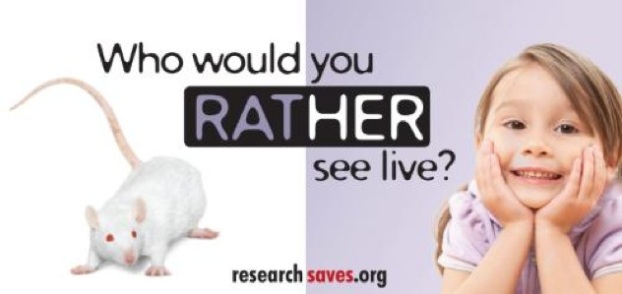This week has been emotionally difficult for me in many ways, including my interaction with the readings in class. We were asked to read two pieces that deal with animal rights and ecocriticism, which forced me to look at the moral/ethical questions in terms of human and non-human animal relationships. Peter Singer’s main point in his piece “All Animals Are Equal,” is that human rights discourses should factor animal rights as well, which he bases on the principle that equality is applicable to all species. If we do not consider animals in our conversations regarding equality, then we are committing acts of speciesism, which places humans at the center of the world while regarding every other species as secondary. Singer’s ultimate claim is that, “If a being suffers, there can be no moral justification for refusing to take that suffering into consideration. No matter what the nature of the being, the principle of equality requires that its suffering be counted equally with the like suffering” (322). In order to live in a truly equal world, we have to change our practices that are heavily rooted in speciesism, such as eating animals and testing on them for human gain, according to Singer. While I believe in vegetarianism, it is difficult for me to see a world without animal testing because there have been large advances for humans and animals in terms of animal testing. Perhaps a more realistic approach would be to cut down on animal testing and make stricter regulations in terms of what can be done to animals in testing facilities. Even if animal testing has helped animals, it has significantly benefited humans more, which leads me to consider if that thought is just another component of speciesism that is severely engrained in the minds of most humans. I think ecocriticism needs to be considered in the discourse of human/animal rights because it is a study that forces us to question concepts of nature, the wilderness, ecology, etc. These examples are important to the speciesism conversations because many humans place themselves at the center of the universe, while Lawrence Buell states in “Ecocriticism,” that “a person’s loyalty as citizen should be to the bioregion – or ecological region – rather than to nation or some other jurisdiction unit” (331). This concept is crucial to our understanding of the relationship between humans and non-human animals. While Singer does point out a need to involve animal rights in human rights discourses, his main claim does not adequately consider the varied experiences humans have in terms of marginalized groups and racial minorities. Ecocritics take a more in depth approach to the relationship between humans, animals, and the environment, which can then be applied to conversations about human and animal rights. In order to continue these conversations, it is wise to consider Buell’s argument that we need to reexamine the “keywords” used in discussing planetary issues, while also considering “shared concerns and cultural particularities” (339).
